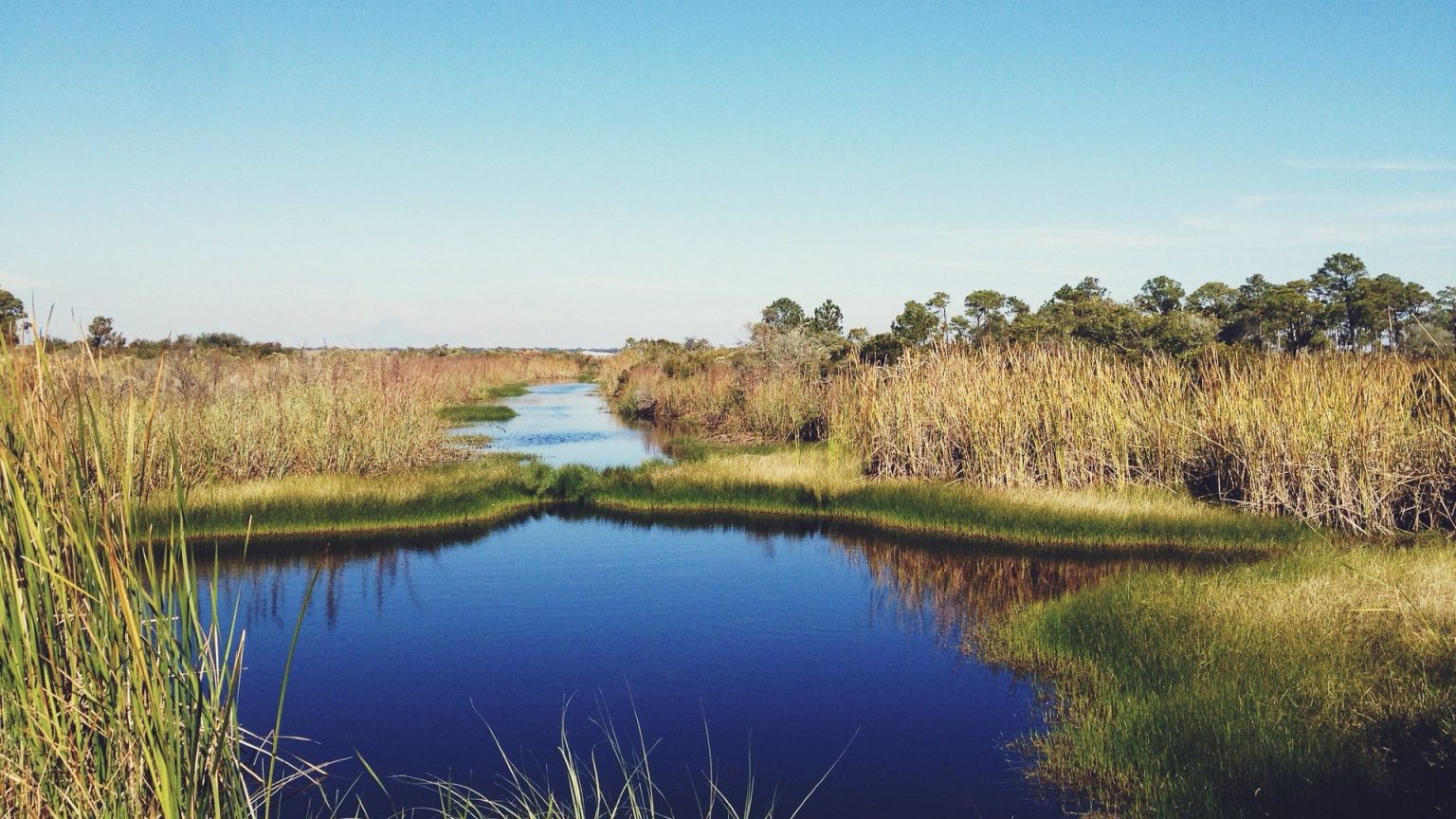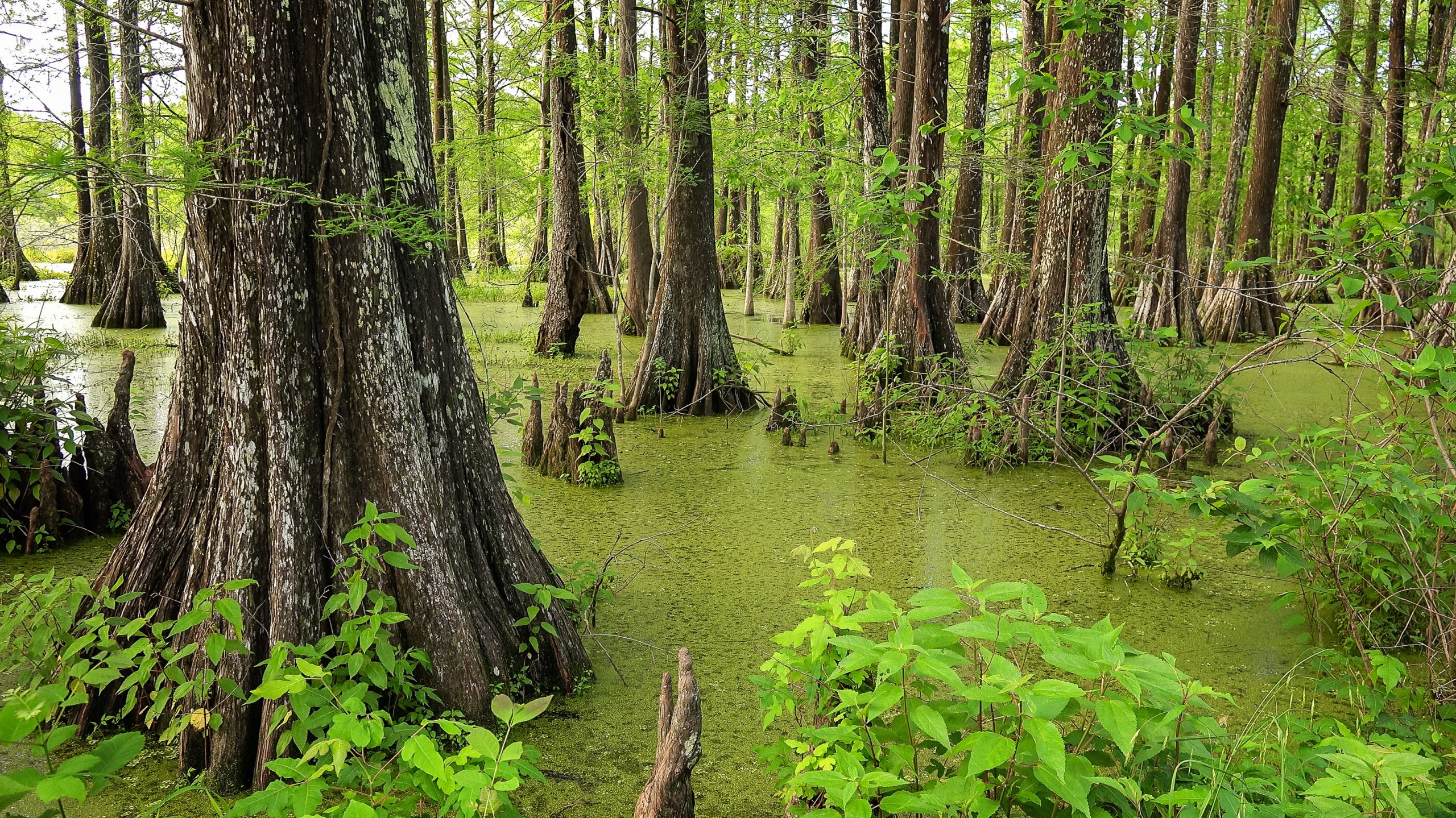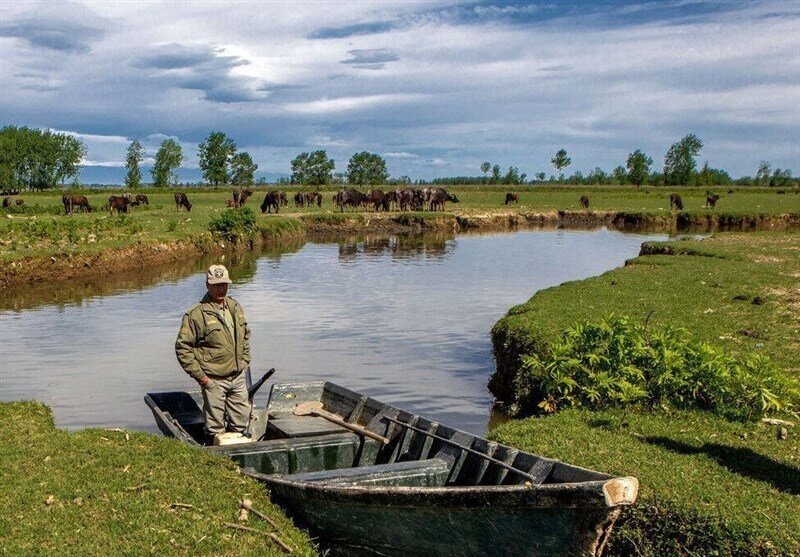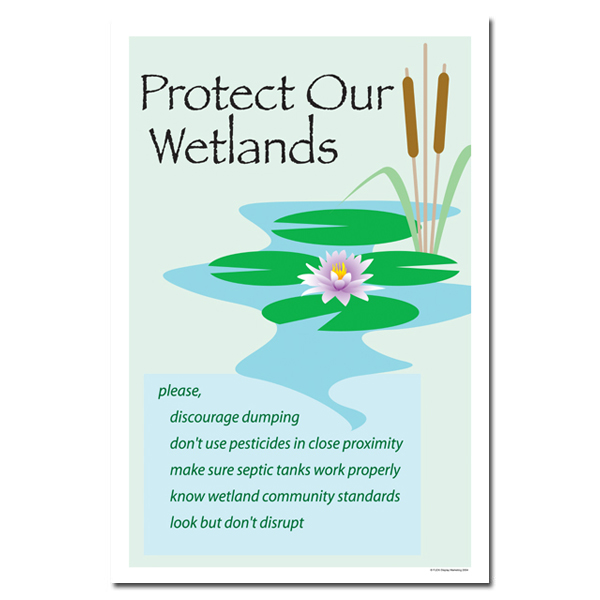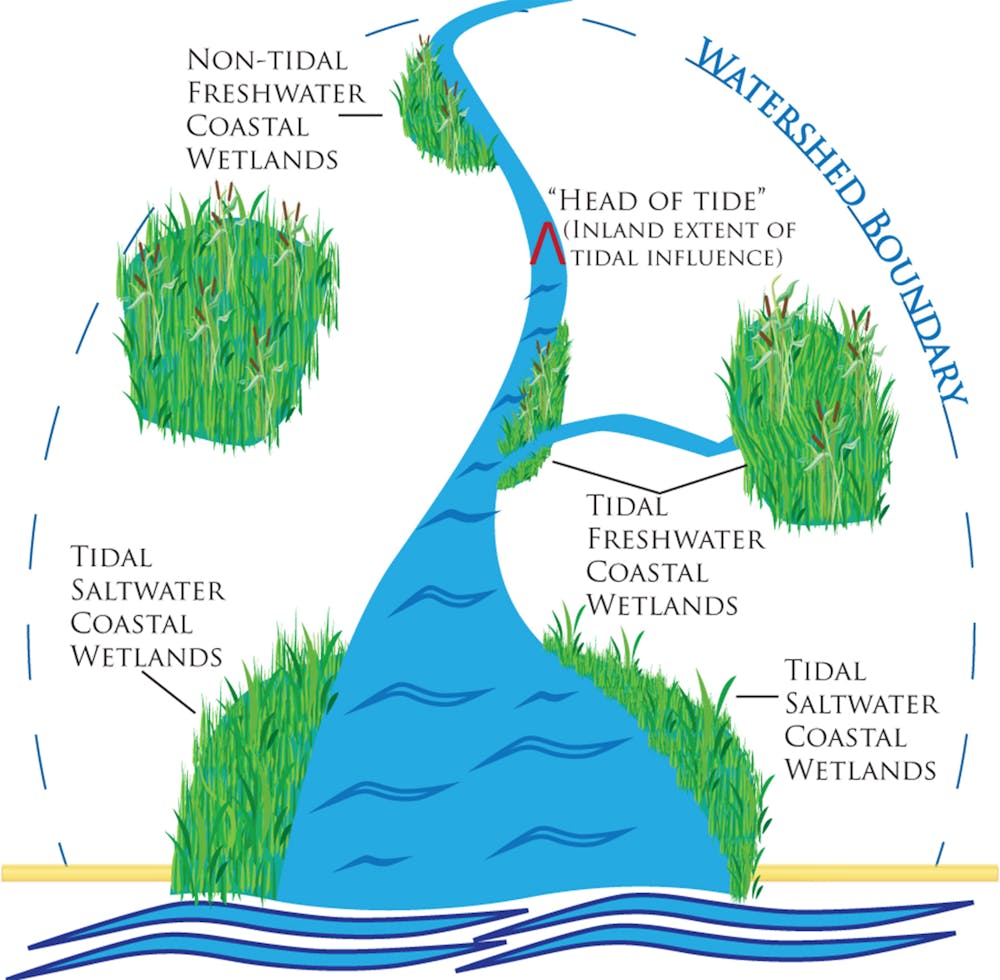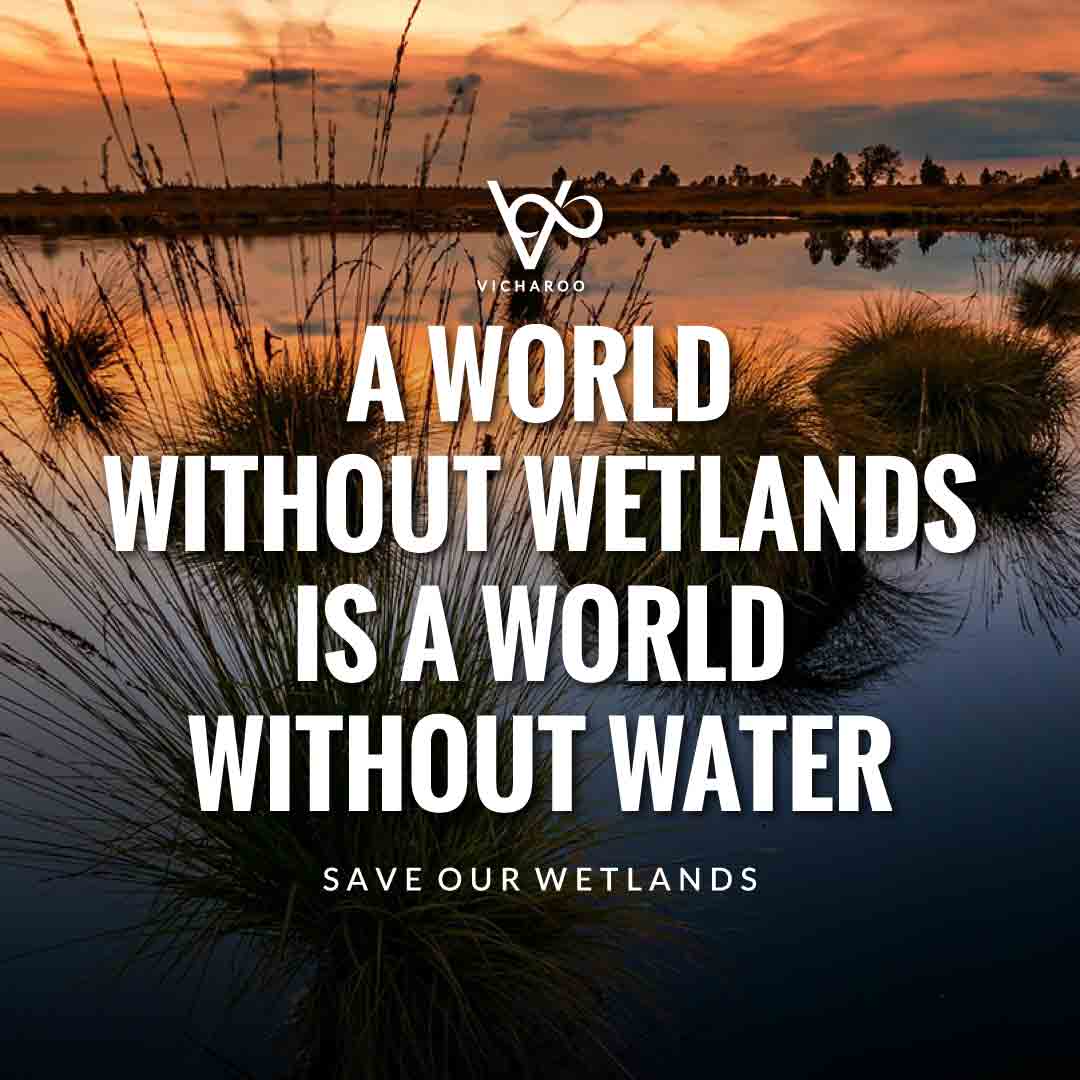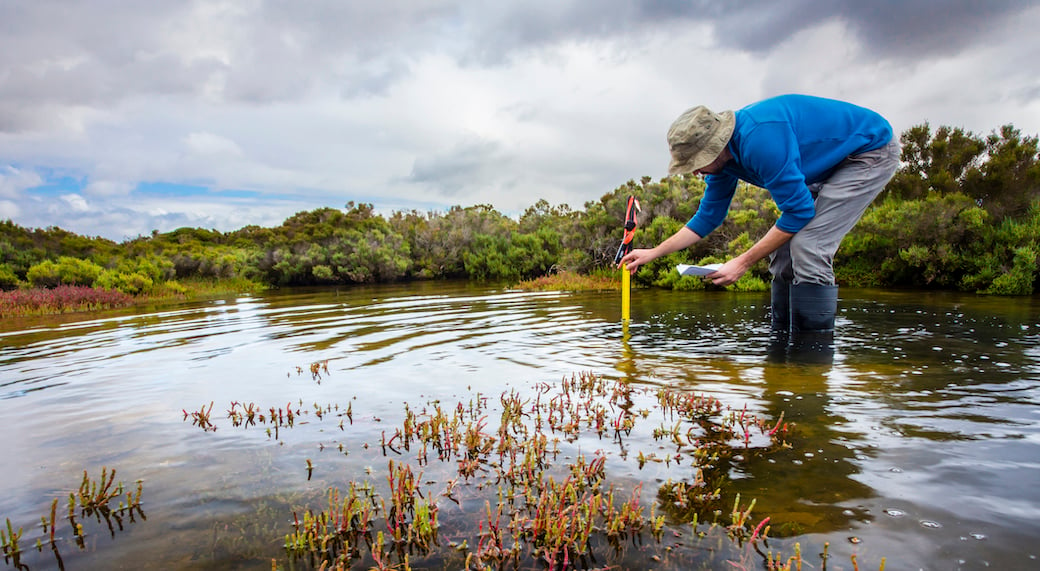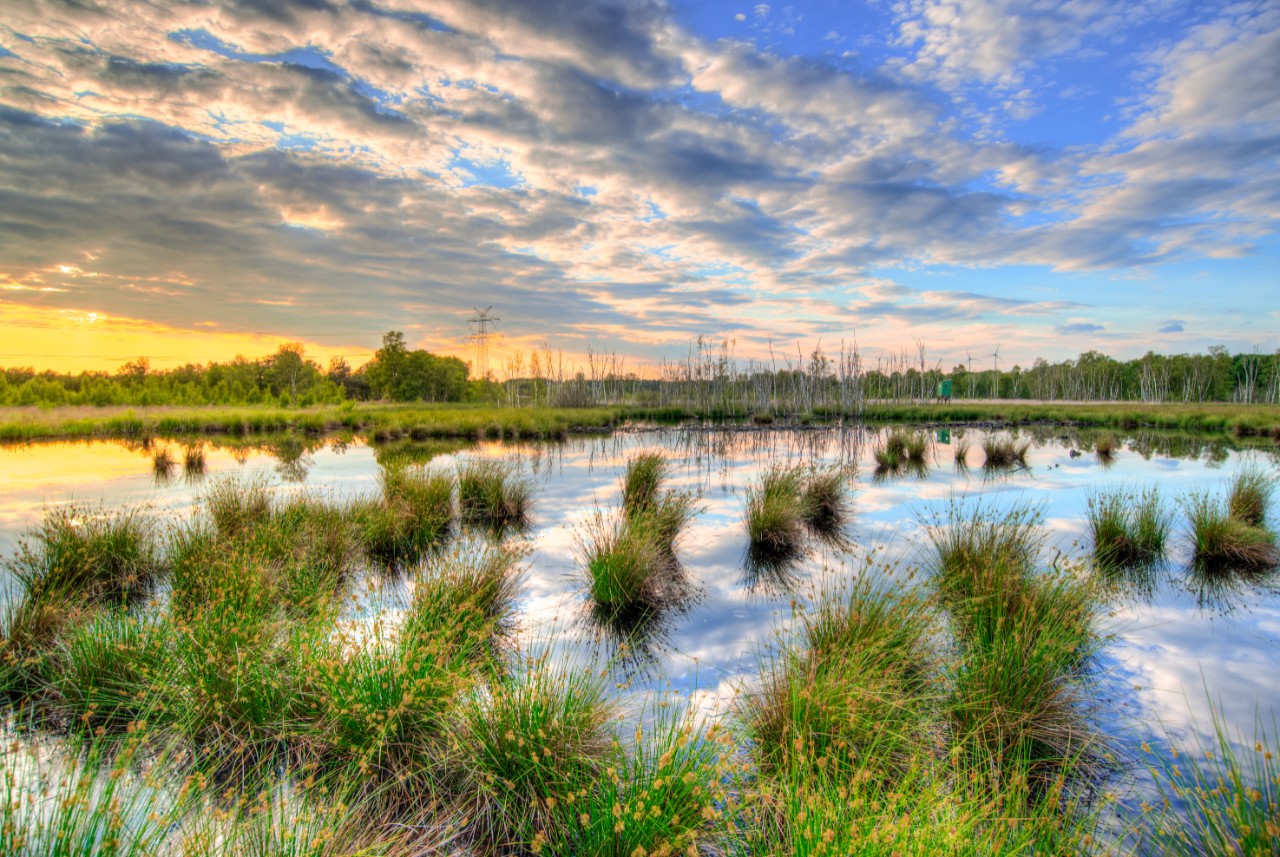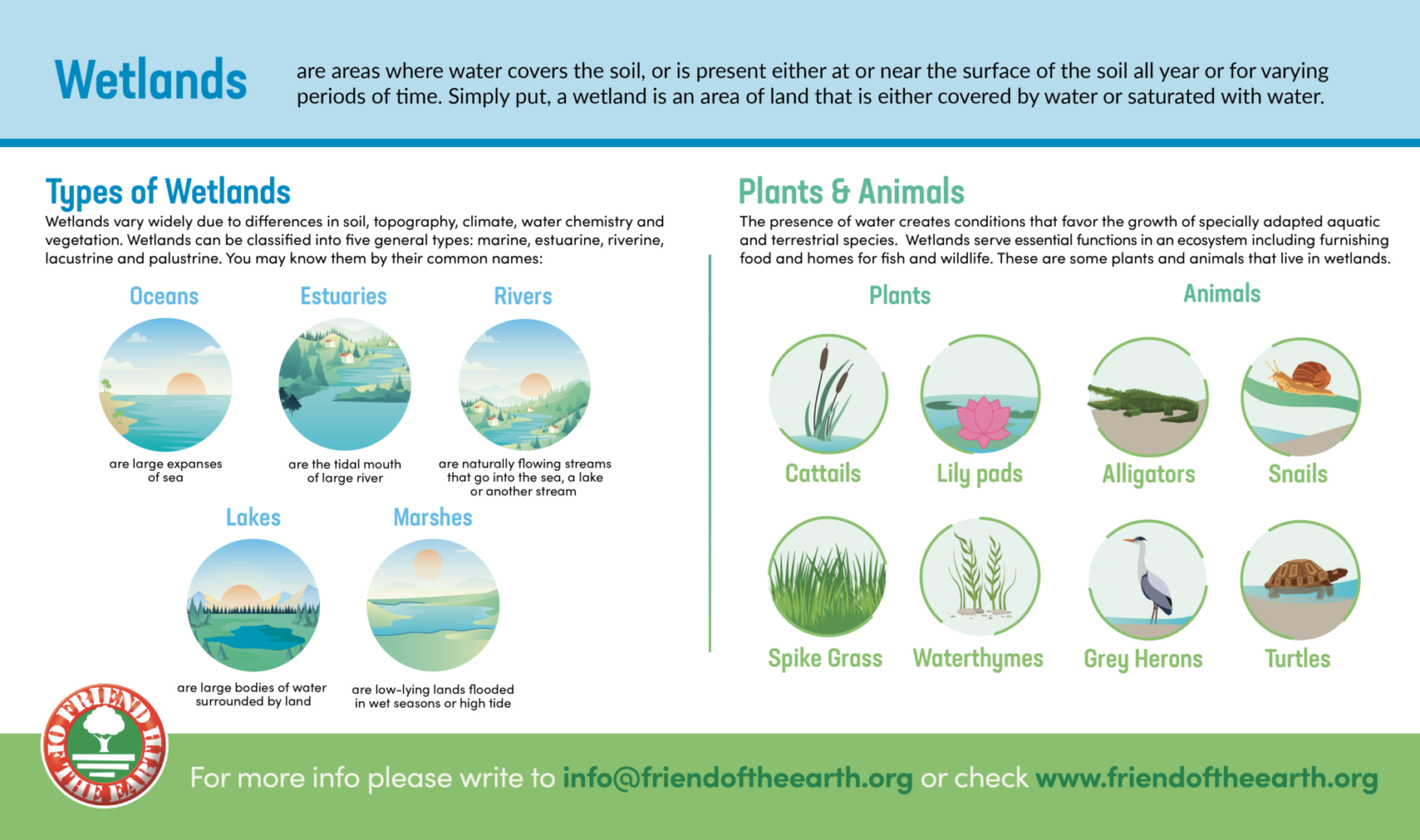Brilliant Tips About How To Protect A Wetland
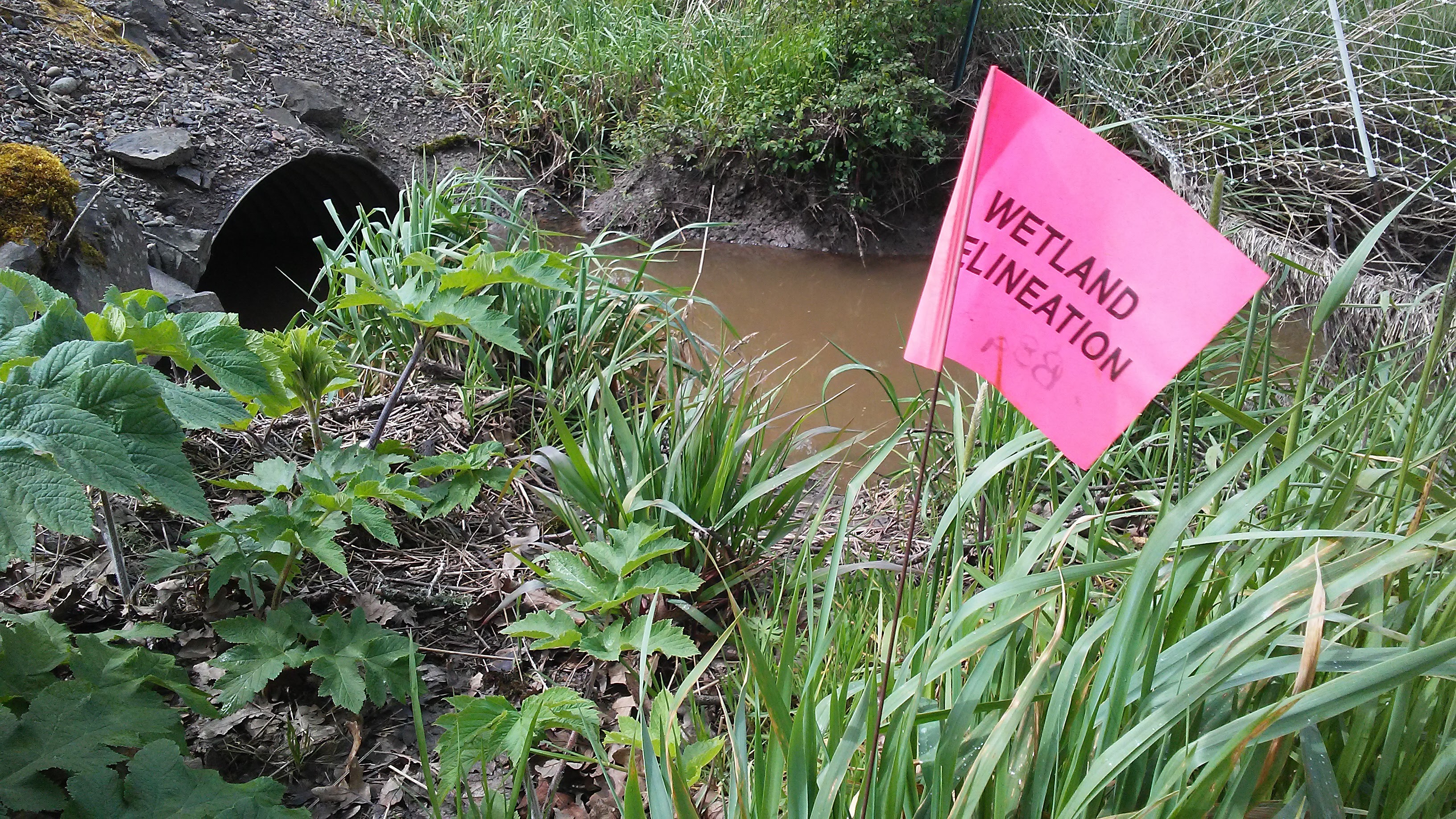
In each case, rather than setting a single threshold, we set two:
How to protect a wetland. A limit that was “safe” for earth overall and a “safe and just” limit that would do “no significant harm”. Wetlands help regulate water levels. Wetlands essentially work like sponges.
Natural products for our economy. Reuse and recycle to the maximum possible extent. Every water body either temporary or permanent (and any type — natural or artificial does not matter) is worth.
Preserve and protect aquatic resources. Don’t worry about what constitutes a wetland or not! The uganda gazette on wetlands, officially titled the national environment (declaration of wetlands) notice, 2023, is a legal document issued by the ugandan.
01 feb 2023 story fresh water. Environmental protection agency share 10 steps we can all take to protect these areas. Maintain a buffer strip of native plants along streams and wetlands.
Join a local wetland protection or preservation organization. Recognition of the value of wetlands dates back to the 1971 ramsar convention. Projects that dredge and fill wetlands also impact the species that use those wetlands, which is why animals like the panther have protections under the clean water.
Healthy wetlands filter, absorb, and slow runoff. Vegetated wetlands, such as swamps and marshes, are some of. Healthy wetlands can help protect communities, infrastructure, and ecosystems from storms and flooding by absorbing waves and slowing the flow of water.
Indiana wetlands are no longer protected. We use a wealth of natural products from wetlands, including fish and. Below are steps you can take to protect wetlands.
Explore more about adaptation and wetland protection. Restoring and protecting wetlands can improve water quality and reduce flooding. Wetlands protection is defined as removing a threat or preventing the decline of wetland conditions (us epa, 2007a).
Wetlands are areas where water covers soil all or part of the time. Our friends at the u.s. Their soils absorb and hold water during heavy rains and release it during droughts.
Government protects wetlands, it is maintaining or restoring natural water purity, controlling for floods, and. Maintain a worm farm or compost pit. That law had been in place for almost 20.
